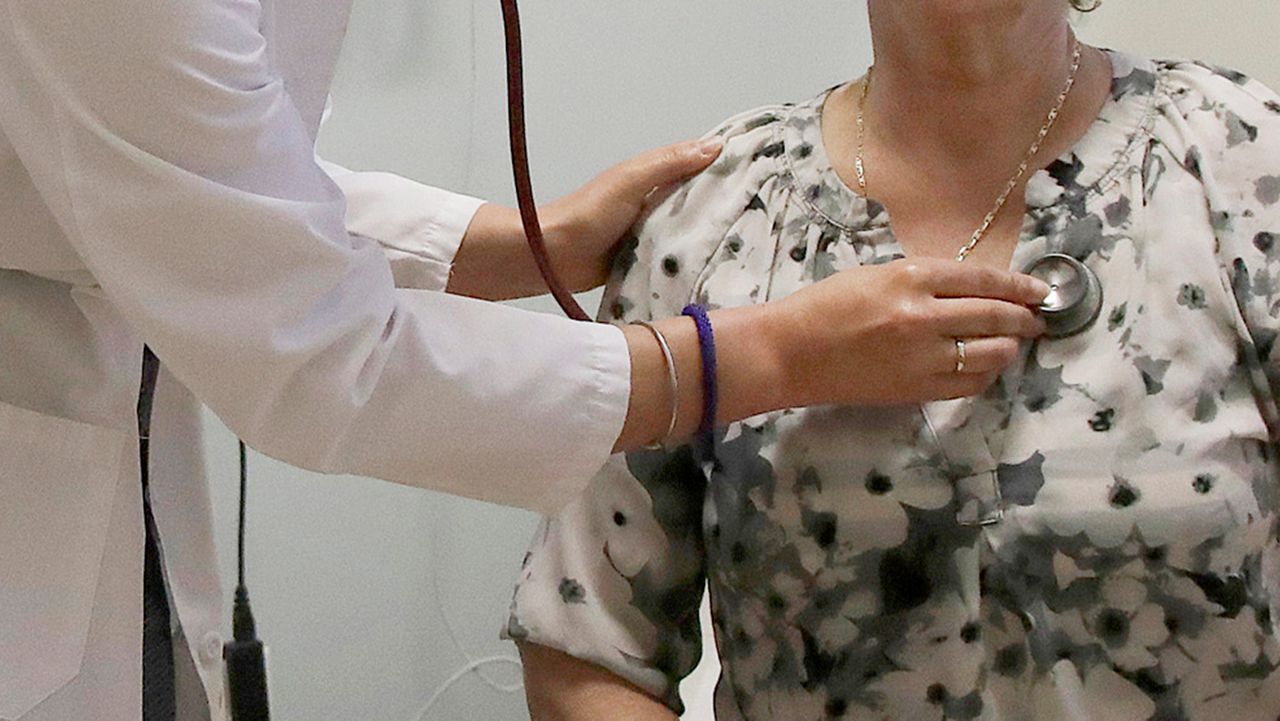WASHINGTON, D.C. — Dr. Anthony Fauci’s professional life these days evolves around the pandemic. He serves as the director of the National Institute of Allergy and Infectious Diseases and as President Joe Biden’s chief medical advisor.
But since 2020, when he became a household name, his personal life has become a target.
“Every time I get attacked, usually from an extreme right group of some sort, the threats on my life go up significantly and the harassment of my wife and my children go up,” Fauci said.
He said it doesn’t deter his work but that doesn’t mean he understands it.
“History is going to record that as one of the most unusual situations in our country where scientists, because they’re telling the truth about a disease… and for that they’re getting death threats,” Fauci said.
Cases of the omicron variant are surging as people line up for tests. The White House has ordered 500 million rapid COVID-19 tests that Fauci said will start to become available in a few weeks.
“They will be coming in the second to third week, probably the third week in January,” Fauci said.
The health official said omicron cases could crest in the next few weeks.
“If you look at the way things have gone in South Africa, and the way they are going in London, it should be in the next two to three weeks but I don’t think it’s going to be next week. But you never can tell. I hope it will be,” Fauci said.
Even when omicron levels off, health experts said new variants may emerge because not enough people around the world are getting vaccinated. Despite that, Fauci said he’s not ready to call this an endemic, which would likely lead to a recommendation of annual vaccinations, like flu shots.
“I don’t think we can predict that yet,” Fauci said.
A fight that Fauci, who has become not just a household name but a controversial one, doesn’t plan to let up.
“I’m not going to be deterred by people who in a matter of which I can’t even explain, attack you for telling the truth about public health,” Fauci said.








)

